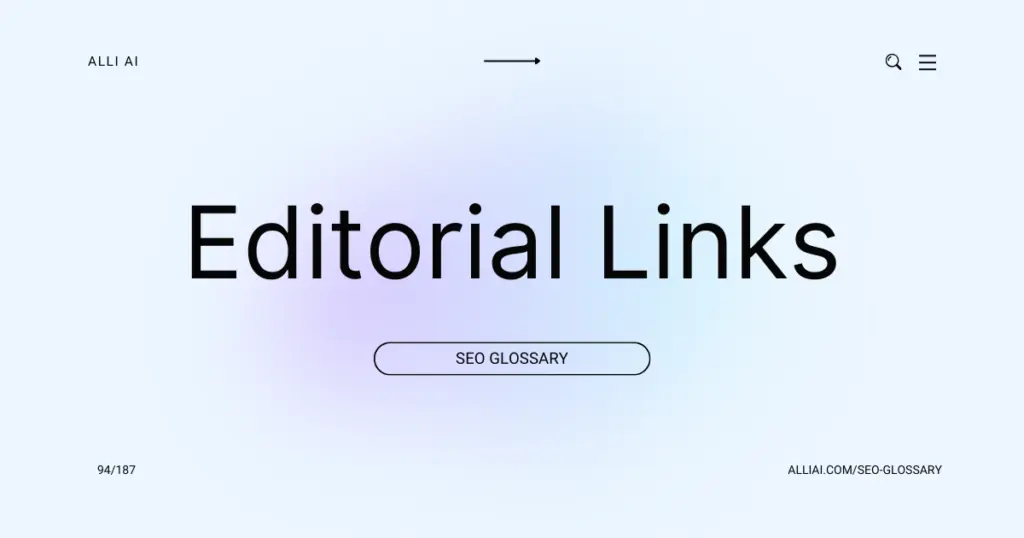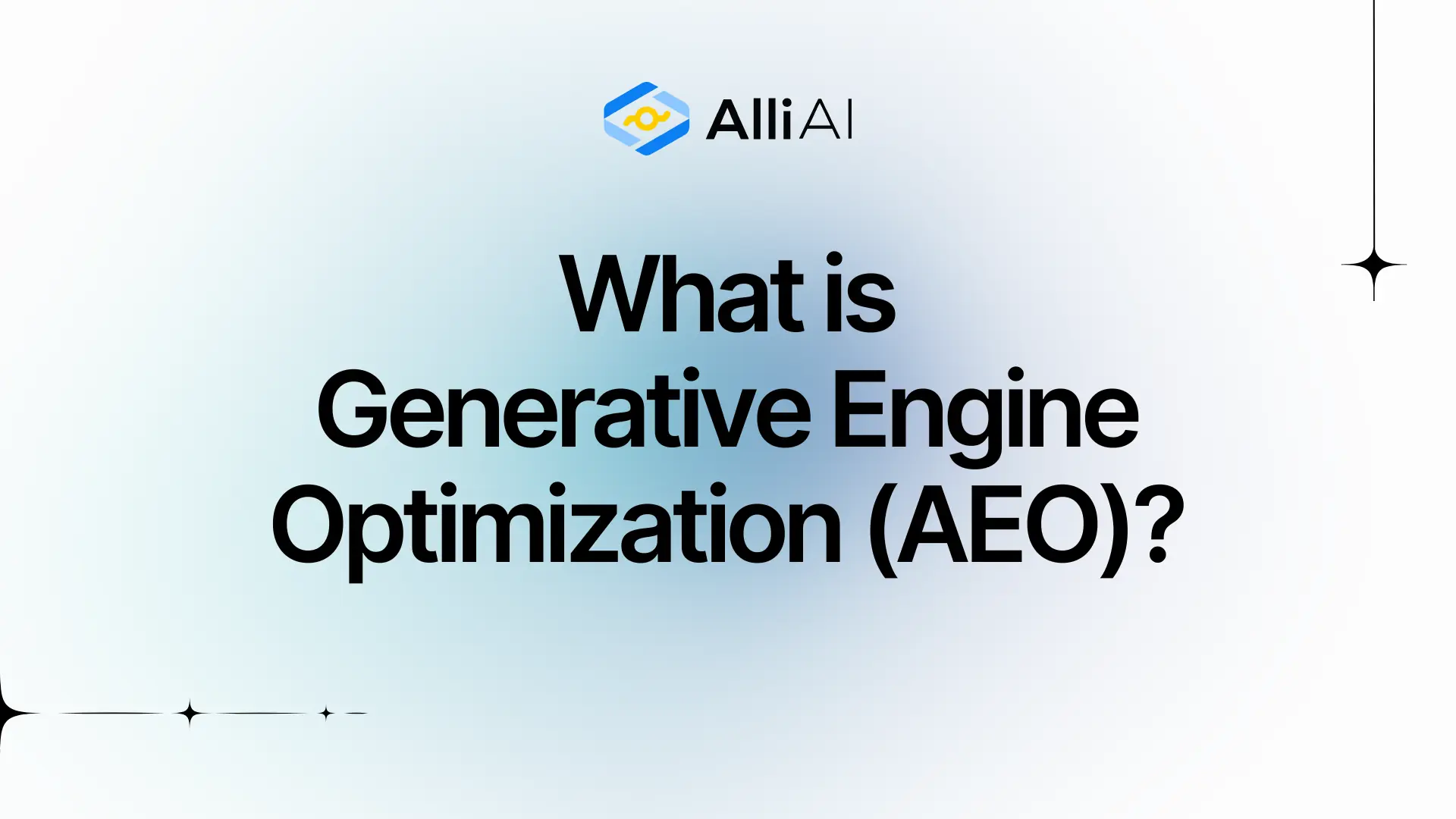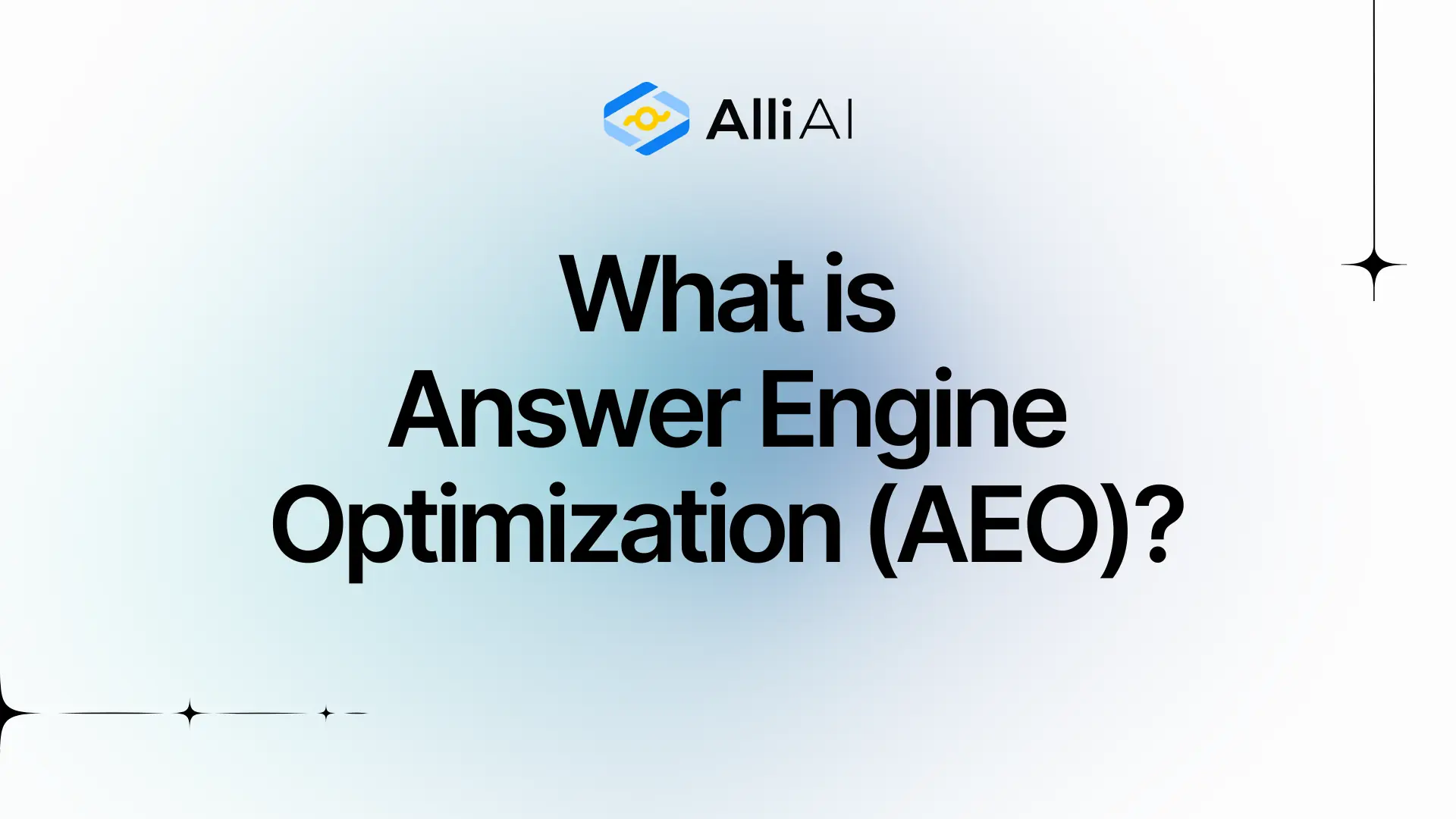What Does Editorial Links Mean?
Editorial links are links to your website that are naturally given by other websites because your content is informative, high-quality, and valuable. They are not paid for or directly requested; instead, they are earned by creating useful content that others want to reference and share.
Where Does Editorial Links Fit Into The Broader SEO Landscape?
Editorial links are naturally occurring links from other websites, typically recognized as high-quality and trustworthy sources. They are an integral part of SEO as they can significantly enhance the domain authority and trustworthiness of your website. Unlike self-created or paid links, editorial links are given freely by other webmasters who reference content because of its inherent value, relevance, and quality. This contributes positively to your site’s search engine rankings, as search engines like Google view these links as votes of confidence from credible sources. In an SEO strategy, acquiring more editorial links can improve organic search visibility, increase traffic, and enhance the overall reputation of a site. These links are often targeted in link-building strategies through the creation of compelling, useful, and high-quality content that naturally attracts these types of links.
Real Life Analogies or Metaphors to Explain Editorial Links
Editorial links are like spontaneous compliments in a crowded room; they are public endorsements given without prompt, boosting credibility and visibility among peers. Just as a gold star given by a teacher to a student in class, these links serve as marks of quality and approval, naturally enhancing the reputation of the recipient in the eyes of others.
How the Editorial Links Functions or is Implemented?
1. Content Creation: Produce high-quality, authoritative content that is relevant to the target audience and worthy of being cited.
2. Research & Identification: Identify influential publications, websites, and blogs that align with the content’s subject matter.
3. Relationship Building: Engage with editors, journalists, and content creators, often through networking, to build rapport and establish a connection.
4. Pitching: Present the content to the chosen publications as a valuable resource that enhances their own content or offers additional value to their audience.
5. Content Integration: The editorial team of the publication incorporates the link naturally into their content if they find it adds value, typically within an article that touches upon related topics.
6. Monitoring & Tracking: After the link is live, monitor its impact on traffic and SEO metrics, and maintain the relationship with the publication for future opportunities.
Impact Editorial Links has on SEO
Editorial links significantly boost SEO performance by enhancing domain authority and trustworthiness, signaling to search engines that the content is valuable and credible. These links, typically earned from reputable sources without direct solicitation, naturally increase organic search rankings. Their presence diversifies the link profile and improves backlink health, essential for outranking competitors in SERPs. For users, editorial links enhance experience by providing additional, authoritative resources that offer depth and relevance, which can increase engagement and time on site.
SEO Best Practices For Editorial Links
1. Create high-quality, unique content that is informative, engaging, and relevant to your niche.
2. Research and identify top authoritative websites, blogs, and journalists that align with your content’s topic.
3. Build relationships with industry influencers and publishers through social media interaction, commenting on their posts, or directly emailing them.
4. Contribute guest blog posts to reputed sites, ensuring to provide insightful and valuable information that encourages the host site to publish your content.
5. Participate actively in industry forums, discussions, and conferences to increase your visibility and credibility.
6. Use tools like HARO (Help a Reporter Out) to connect with journalists looking for experts in your field. Provide comprehensive, useful responses to their queries.
7. Consistently update your content to keep it relevant and current, ensuring it continues to attract attention from potential linkers.
8. Monitor your niche for trending topics and quickly produce quality content to leverage timeliness for natural link acquisition.
9. Offer free tools, resources, or original research data that can serve as linkable assets attracting editorial links from various sources.
Common Mistakes To Avoid
1. Over-reliance on High-Authority Sites: Focusing solely on links from high-authority websites can limit the diversity of your link profile. Include a mix of sources to make your profile more natural.
2. Neglecting Nofollow Links: Only chasing dofollow links can appear manipulative to search engines. Balance your profile with nofollow links, which are typical in natural link building.
3. Irrelevant Links: Obtaining links from sites that have no topical relevance to your content can dilute your link’s effectiveness and may raise red flags with search engines.
4. Scaled Guest Posting: Using guest posting at scale as a means to gain editorial links can be seen as spammy by Google, especially if the quality is low and the content is not relevant.
5. Ignoring Local Opportunities: Overlooking local or smaller publications can be a missed opportunity. Local links are often highly trusted and can drive relevant traffic.
6. Keyword-Rich Anchor Text Overuse: Using overly optimized anchor text in external links can trigger penalties for appearing unnatural. Use varied and natural anchor text.
7. Transactional Approaches: Any hint of payment or compensation for links, including reciprocal linking, can violate Google’s guidelines and negatively impact your SEO.
8. Failing to Monitor Link Health: Links can decay over time. Broken links, or links from sites that have turned spammy, can harm your site’s reputation. Regular audits are essential.
9. Overlooking Content Quality: Low-quality content will not attract quality editorial links. Invest in high-quality, valuable content that publishers are naturally inclined to link to.
10. Lack of Strategy in Link Placement: Randomly placing links without considering the context or relevance within the linking page may reduce the perceived value of the link by search engines.






